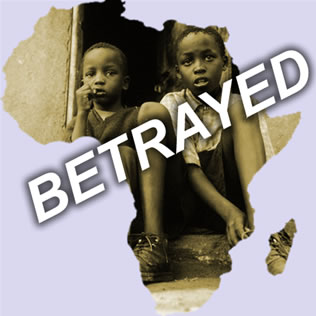Hundreds Dead in Ghana Infrastructure Failure
/GHANA, Accra - In a similar pattern to other African capitals, Accra has snowballed to four million residents, doubling in size within the last 20-years. This growth means that Ghana's capital has a growing population that increasingly puts pressure on a city that still relies on a colonial-era drain and sewage system that covers only 15% of the city.
The weak system of open sewers and water streams leading out of the city are further impeded by the massive amounts of trash that have collected in them over the years. Due to this congested network, heavy rains and tropical storms in the area cause massive, widespread flooding across the capital that in turn results in casualties, ruined infrastructure and new disasters.
Earlier this month, a flood in Accra caused many people to take cover at a gas station. However, their refuge was foiled by the horribly poor infrastructure in the country as torrential rains seeped into the underground fuel tanks, and once accidentally lit, resulted in over 200 deaths.
After such a horrible accident, President John Mahama chose the next day to credit the disaster to zoning and gutters filled with debris, instead of bringing more of the weight onto political leadership. The government's track record is hard to ignore, though, as millions have been poured into the country over the years specifically for infrastructure, yet little is to be shown for it. There was the Korle Lagoon Ecological Restoration Project, worth $160 million, that was supposed to remove trash from the waterway and restore it to its pristine original state. Years later, mounds of debris remain and the lagoon continues to flood whenever it rains.
In a bizarre, similar scenario, the Ghanaian government promised the people a $595 million Drainage Alleviation Project, funded through the US' Import-Export Bank. The project would include storm drains, trash collection systems and a waste water treatment plant. The government launched the life-changing project with a grand ceremony in 2013, but as it turns out, they had not even applied for the loan yet.
Based on the millions of dollars of funding that have made it to the country, alongside the promises of the country's leadership, Ghanaians are left wondering what has happened to the proposed projects. Deaths and destruction from an issue that could be mitigated by proper drainage is inexcusable, and a clear display of leaders' lack of resolve and dedication to the country's water and sanitation systems.



 LAGOS, Nigeria - Nigeria’s long trek towards large-scale energy market reforms is witnessing rapid progress as the
LAGOS, Nigeria - Nigeria’s long trek towards large-scale energy market reforms is witnessing rapid progress as the 
























